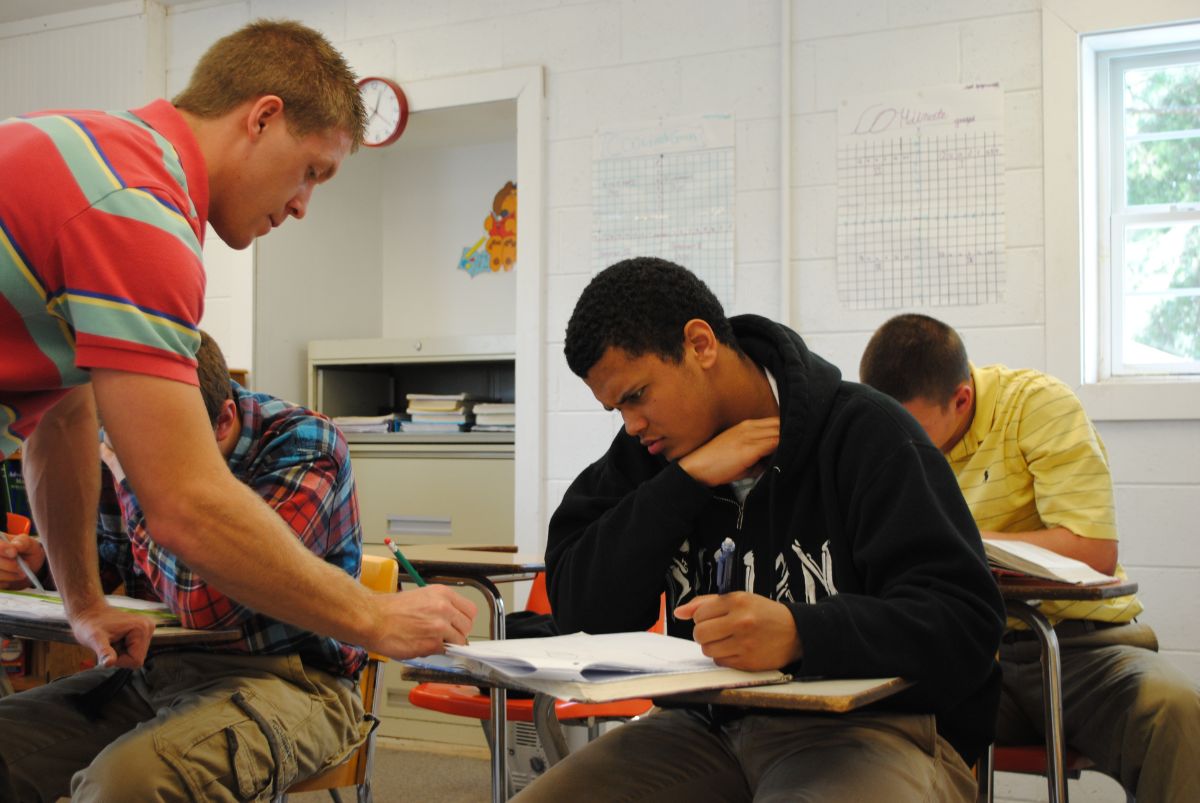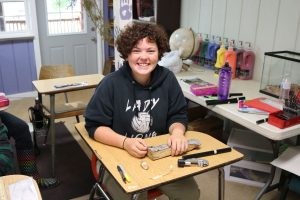
At the start of 2020, few people knew about coronavirus COVID-19 or could have predicted its impact around the world. Fewer people could have predicted COVID-19’s impact on our families and our children’s school year. Here, we highlight the possible impact of COVID-19 on children and adolescents, and we discuss how parents can address educational and behavioral health challenges during this difficult time.
Family life changes with coronavirus and kids
Before many families had a chance to grasp the new public health situation fully, their children and teenagers were faced with the sudden change of having their entire educational experiences shifted from their classrooms to their living rooms. Without much warning, children and teenagers had to navigate the difficulties of disrupted routines, isolation from friends and support networks, new learning modalities, changed test schedules, and a new reality of social distancing when outside the home. These changes also presented significant challenges for parents, who quickly had to juggle jobs and household-management responsibilities with now increased childcare demands.
For some children and teenagers, these changes came amidst ongoing struggles with their behavioral health or school performance. The sudden changes during spring 2020 exacerbated existing behavioral health issues for some children and teenagers, and in some cases, these changes surfaced new behavioral challenges. At no fault of their own, many parents have found themselves unable to positively influence their child’s behavior or school performance. With some children and adolescents, outbursts, screaming matches, and even destructive behavior have become more frequent after family life changes from COVID-19.
Overwhelmed parents who are unsure how to address behavioral health and school performance issues during this new reality should know that they do not have to navigate them alone. These challenges among children and adolescents are more common than parents think, and they do not serve as a judgment on one’s parenting abilities or care for their child. In some cases, the best solution with lasting, positive change is a long-term, residential behavioral health program.
Dealing with the impact of closed schools and coronavirus
 At Shepherd’s Hill Academy, we have specialized in long-term behavioral health programs for over 20 years. Since the academy’s beginning, we have endeavored to equip children and adolescents with a strategy toolbox for resilient health and wellness. Now, more than ever, children and adolescents need these tools to navigate the impacts of COVID-19.
At Shepherd’s Hill Academy, we have specialized in long-term behavioral health programs for over 20 years. Since the academy’s beginning, we have endeavored to equip children and adolescents with a strategy toolbox for resilient health and wellness. Now, more than ever, children and adolescents need these tools to navigate the impacts of COVID-19.
We continue to offer our long-term, year-round programs, which last between 12 and 18 months, and we also offer intensive summer programs, including year-round education. Our summer programs can be particularly useful for children who recently fell behind academically or who started exhibiting behavioral issues after changes to their lives from COVID-19.
During a stay with us, children and adolescents grow under the guidance of our program’s academic, therapeutic, and wilderness-based components. For the academic component, our residents learn in a supportive environment at our rigorous, fully-accredited onsite school. This academic program can be especially helpful for children and adolescents who may have fallen behind in their schooling from the impact of COVID-19. Our on-site principal works directly with families to create individualized plans of success for each student. The student’s entire support team meets weekly to discuss progress, obstacles and challenges, and ways to assist your child in completing or exceeding their goals.
In our therapeutic component, our fully licensed therapists and counselors work with each child and adolescent to help them understand the motivations for their behavior. Our therapists and counselors get to know each resident on a personal level. These relationships build trust with each resident, and this trust can help each student be more honest with their support team and themselves. At the end of the program, residents have real-time coping strategies for difficulties in their lives, and they are better able to manage their responses to stressors in their environments.
Lastly, a key component of our long-term care is our wilderness therapy component. During each resident’s stay, the resident will take part in a team-building and character-building community living experience. Working as a natural detox, this wilderness setting is free from internet distractions and the comforts of electricity. Each child and adolescent is able to form stronger bonds with their new peers as they learn to be more self-reliant and resilient to change. Relatedly, we also offer an equine therapy component, where residents can learn to manage responsibilities by taking care of our on-site horses.
Learning more about year-round and summer behavioral health programs
 Having been a trusted educational and counseling partner to now hundreds of families, Shepherd’s Hill Academy founders Trace and Beth Embry understand the pain, frustration, and confusion that can come from behavioral health challenges. One of the most helpful realizations many parents have when learning more about long-term behavioral health programs is that they are not alone. Feeling overwhelmed as a parent, particularly during the COVID-19 pandemic, is a feeling that many adults share.
Having been a trusted educational and counseling partner to now hundreds of families, Shepherd’s Hill Academy founders Trace and Beth Embry understand the pain, frustration, and confusion that can come from behavioral health challenges. One of the most helpful realizations many parents have when learning more about long-term behavioral health programs is that they are not alone. Feeling overwhelmed as a parent, particularly during the COVID-19 pandemic, is a feeling that many adults share.
At Shepherd’s Hill Academy, we know that long-term behavioral health programs may be a new option for some families, and there are likely a lot of questions. To start learning more about our program, be sure to check out or behavioral health resources page, where there are detailed articles on how we can help with a variety of behavioral challenges. We also encourage families speak with an admissions representative and schedule a tour of our campus and grounds. There is no obligation or fee to apply. Additionally, we can connect you with parents of children and adolescents who went through our program, and they can share their perspective with you as a fellow parent.
To get started, please reach out to us online or by phone, and we can help answer your questions directly and point you towards additional resources that may be helpful. You can complete our online contact form anonymously, too. To reach us by phone, please call us directly at (706) 703-4188.

